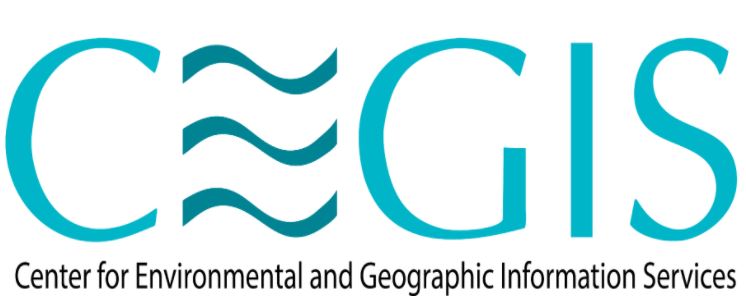Describe your organisation, its vision and mission.
The overarching aspiration of CEGIS is to continue as a center of excellence in providing intellectual services, policy advocacy, research and capacity development for sustainable development and enabling a better environment. The center is operating under the motto ‘Safeguarding Environment for Future’.
How long has CEGIS been a GWP partner?
CEGIS has been a GWP Partner since 31 December 2004. It joined GWP to exchange knowledge and build a strong a network in the global water sector as well as to develop capacity on Integrated Water Resources Management (IWRM) and apply a cohesive and highly hands-on approach to water resource management.
What are the benefits of being a GWP Partner?
GWP acts as a multi-stakeholder partnership in supporting improved water governance so that communities and countries manage water for peoples' health, economic development, and environmental sustainability. The main working domain of CEGIS performs integrated environmental analysis and provides solutions to issues and problems in a wide range of sectors, such as – but not limited to – water, land, agriculture, meteorology, forestry, fisheries, morphology, ecology, environment, climate change, archeology, socio-economy, power, transportation and disasters.
By partnering with GWP, we are able to share views and ideas of common activities and goals of economic development and sustainable environment. CEGIS and GWP have similar areas of interests like training for capacity building, organising conferences, workshops and seminars et cetera.
Please share a challenge facing the management of water resources in your area of expertise.
Bangladesh and India share more than 50 common rivers, including the three mighty Himalayan Rivers: the Ganges, the Brahmaputra and the Meghna/Barak. The lives and livelihoods of the people in this region depend on the waters of these common rivers. Overabundance during the monsoon and severe scarcity during dry season is a stark reality in the water sector of Bangladesh.
Furthermore, the effect of climate change in recent years has accelerated the issues in managing and developing the water resources in Bangladesh resulting in frequent floods, cyclones, storm surges, progressive salinity intrusion in the uplands, droughts et cetera. These are some of the many challenges that Bangladesh is facing in the water resources management sector.
Are there any special projects or initiatives that you would like more widely known?
On our website, you can read about the Preparation of Bangladesh Delta Plan 2100, the Screening, Technical and Environmental Auditing of BWDB Schemes, the Development of Khals for Mitigating Water Logging Problems of Chattogram City, and the Gorai River Restoration Project.
In addition, some landmark initiatives at national and international level are:
- Preparation of Master Plan for Haor Areas for Department of Bangladesh Haor and Wetland Development;
- Morphological studies related to Behavioral Analysis of the Kosi River Basin, Flood Management Improvement Support Centre, Patna, Bihar, India;
- Assessment of Flooding Hazards & Development of Climate-Resilient Flood Mitigation Measures at Shetikheri and Aiepoly (big and small) stream, Ministry of Works and Human Settlement, the Royal Government of Bhutan;
- Flood management plan for Paro Watershed and Storm Water Management Plan for Thimphu watershed in Bhutan;
- Analysis of Resilience of Flood Interventions in the Delta Areas as a part of a joint research of CEGIS, Wageningen University and Research (WUR), Vietnam National University and Can Tho University of Vietnam;
- Water Balance Model for the Nile Basin in Africa.
Photo: Meghna River, by GWP South Asia


